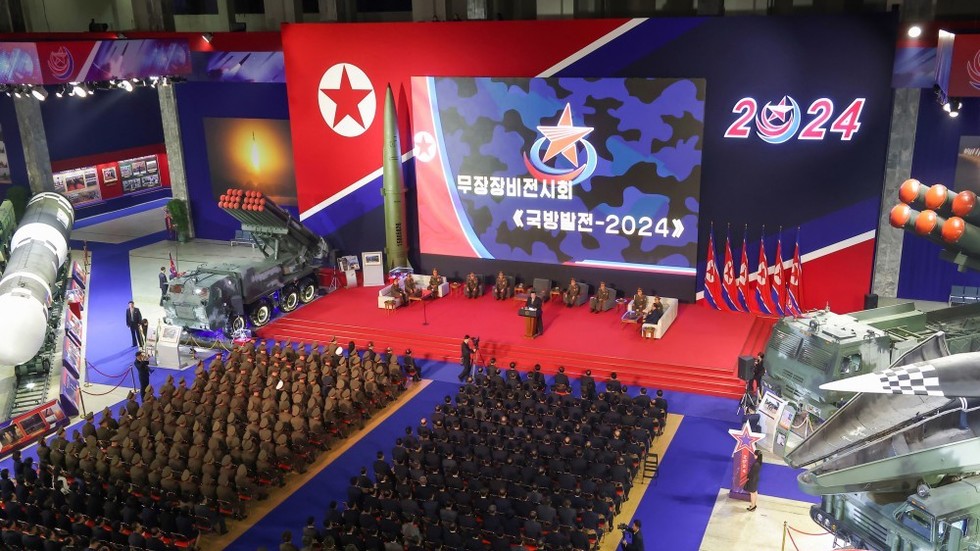The South Asian nation has been focusing on ramping up the development and manufacturing of indigenous defense systems
India has successfully conducted the maiden test of an indigenously developed land-attack long-range cruise missile, according to an official statement on Tuesday. The trial, carried out by the Defense Research and Development Organization (DRDO), the country’s primary government agency responsible for designing and manufacturing weapons systems, is seen as a crucial advancement in the nation’s efforts to bolster its military technology.
The missile, designed for precision strikes against ground targets at extended ranges, can be launched from both mobile ground-based systems and frontline ships using a universal vertical launch module, further enhancing its operational flexibility. The successful test reflects New Delhi’s aim of achieving self-reliance in military hardware, a goal reiterated by Prime Minister Narendra Modi’s administration under the ‘Atmanirbhar Bharat’ (Self-reliant India) initiative.
During the launch, the missile demonstrated its advanced navigation, guidance, and control technologies and hit its designated target with remarkable accuracy, according to an official statement, which did not provide details on the range tested. “This achievement paves the way for future indigenous cruise missile development programs,” Indian Defense Minister Rajnath Singh said, commenting on the maiden flight test.
Maiden flight-test of Long Range Land Attack Cruise Missile (LRLACM) was conducted today from the Integrated Test Range (ITR), Chandipur off the coast of Odisha. During the test, all sub-systems performed as per expectation and met the primary mission objectives pic.twitter.com/JnJAA4Fy7n
— DRDO (@DRDO_India) November 12, 2024Developed by DRDO’s Aeronautical Development Establishment laboratory in Bengaluru in collaboration with other Indian defense organizations, the missile is a completely indigenous project, according to media reports, with most of its components being sourced locally.
The development comes days after Indian media reported that the country’s military is set to test-fire a new long-range anti-ship ballistic missile that would be able to hit moving warships or aircraft carriers at distances of over 1,000km.
India has conducted several crucial missile tests in recent months, including the subsonic Nirbhay cruise missile, which has a strike range of 1,000km and is considered a powerful addition to the country’s missile arsenal alongside the supersonic BrahMos cruise missile, co-developed with Russia.
In September, India successfully test-fired the vertically launched short-range surface-to-air Astra missile system, optimized for launch from land and warships against low-flying, high-speed anti-ship cruise missiles, drones, and similar threats. In the same month, India also successfully test-fired the intermediate-range ballistic missile Agni-4. Earlier this year, the country’s military tested the new-generation nuclear-capable Agni-VI ballistic missile with a strike range of 1,000 to 2,000km.
Despite these strides in domestic manufacturing, India remains the world’s largest arms importer, accounting for 36% of global arms purchases from 2019 to 2023, according to the Stockholm International Peace Research Institute (SIPRI). During the same period, Russia continued to be India’s primary supplier of armaments, even as the nation has been actively diversifying its sources of imports and ramping up its own military production capabilities.

 1 week ago
9
1 week ago
9










